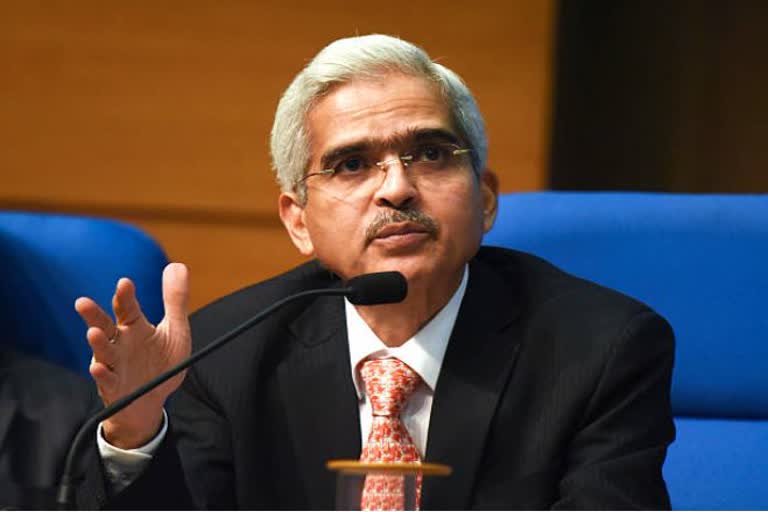Mumbai: Amidst rising macroeconomic worries best reflected in the falling growth numbers across the spectrum, Reserve Bank Governor Shaktikanta Das has flagged corporate governance concerns across India Inc, including banks, to lift the efficiency of the economy to its full potential.
He also said reviving the twin engines of consumption and investment remains the key challenges even as remaining vigilant about spillovers from global financial markets.
Comments come at a time when many promoters of companies are under regulatory scanner.
"All the regulators under the aegis of the Financial Stability and Development Council are striving to buttress the trust in the financial system. Having said that let me re-emphasise the importance of good corporate governance across the board, which to my mind is the most significant factor that can lift the efficiency of our economy to its full potential," Das said in his foreword to the 20th issue of the Financial Stability Report released Friday.
Having cut the interest ahead of the curve by a hefty 135 bps to a nine-year low of 5.15 per cent to prop the sagging economy but without much success -- as the economy has been hurtled south hitting a 25-quarter low of 4.5 per cent in the July-September period of FY20, the governor also warned of being mindful of the 'cobra effect' -- which happens when an attempted solution makes the problem worse.
"Extraordinary monetary policy stimulus has driven down global interest rates lower to never-seen-before levels in some advanced economies and a significant pool of these resources is also chasing emerging market assets with consequent impacts on the asset prices and corporate leverage, even as emerging market growth and corporate earnings outlook remains weak.
"Low and persistent inflation is the fulcrum around which systemically important central banks are taking comfort for their policy stances, though disruptions to multilateral trade and evolving geopolitical uncertainties may continue to have repercussions across the global financial markets.
"The challenge is to ensure transmission of monetary policy to the advantage of real economies and not to aid a build-up of froth in financial markets. And we need to be mindful of the cobra effect'," Das warns.
Underlining the falling growth rate and the plunging credit demand, he says growth has weakened due to domestic and global factors. While consumer credit has been growing, wholesale credit growth has been nudging lower as companies and financial intermediaries are deleveraging to improve their business practices.
